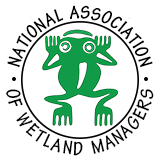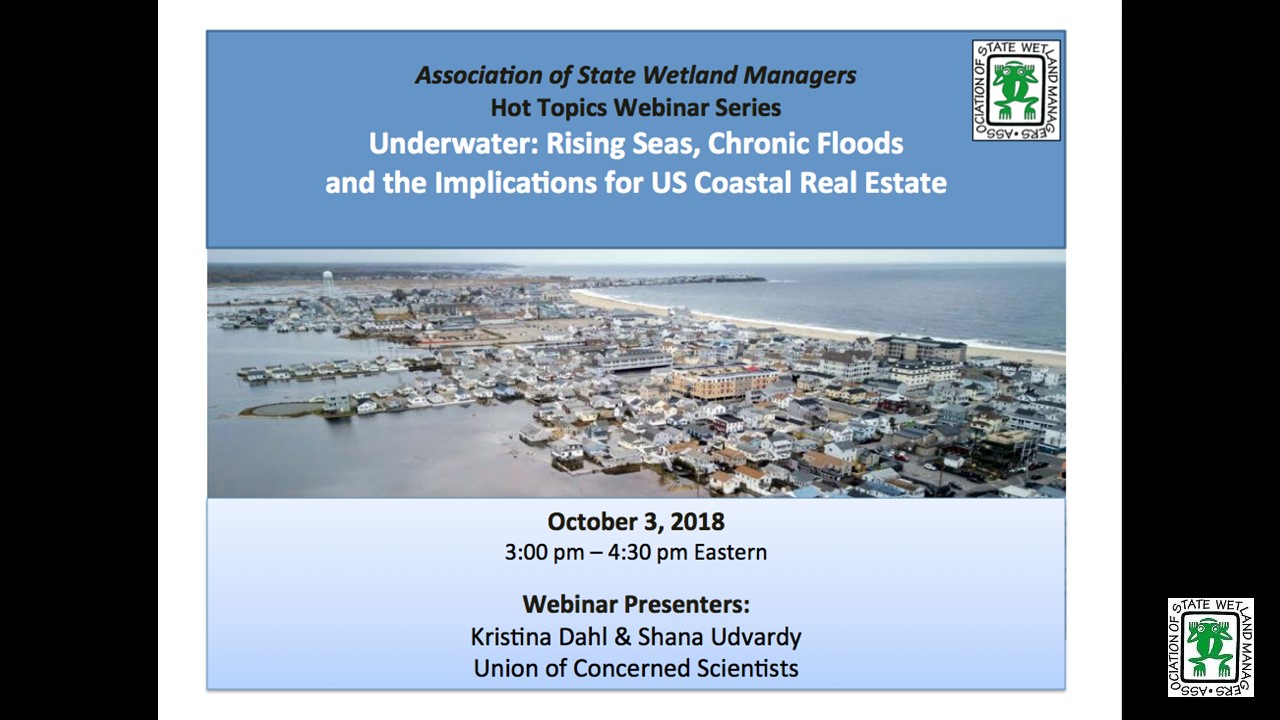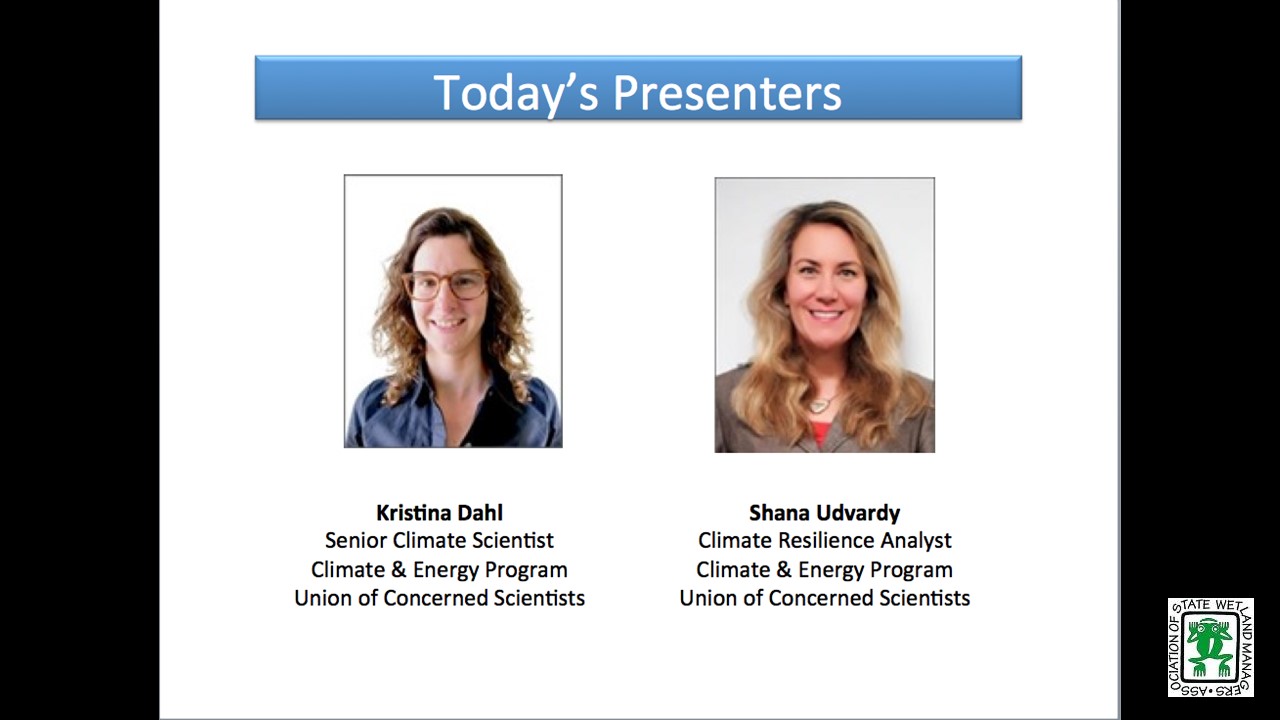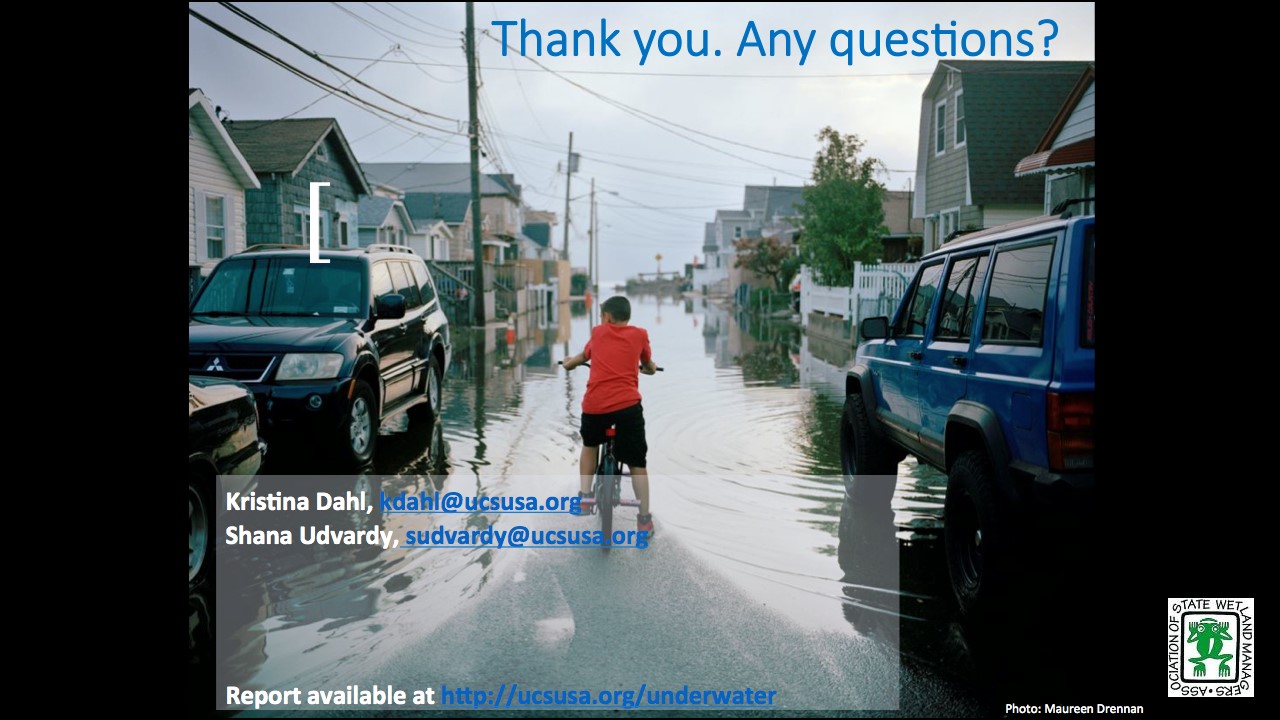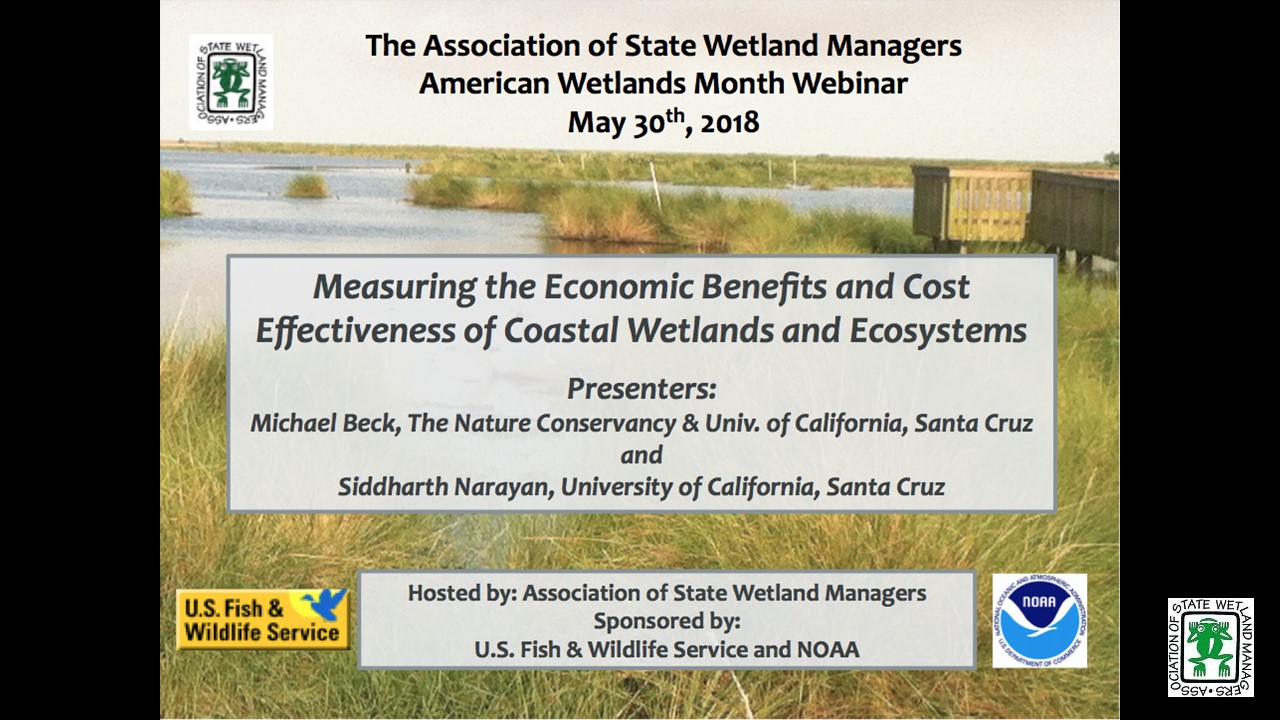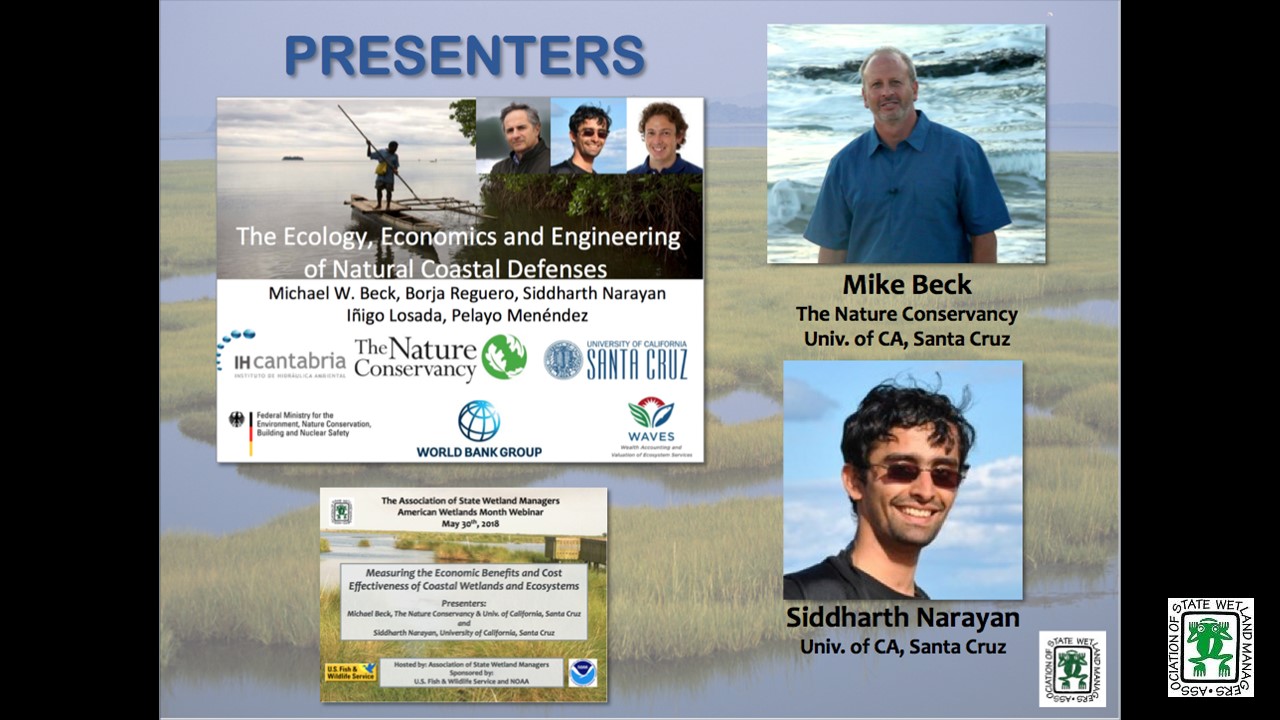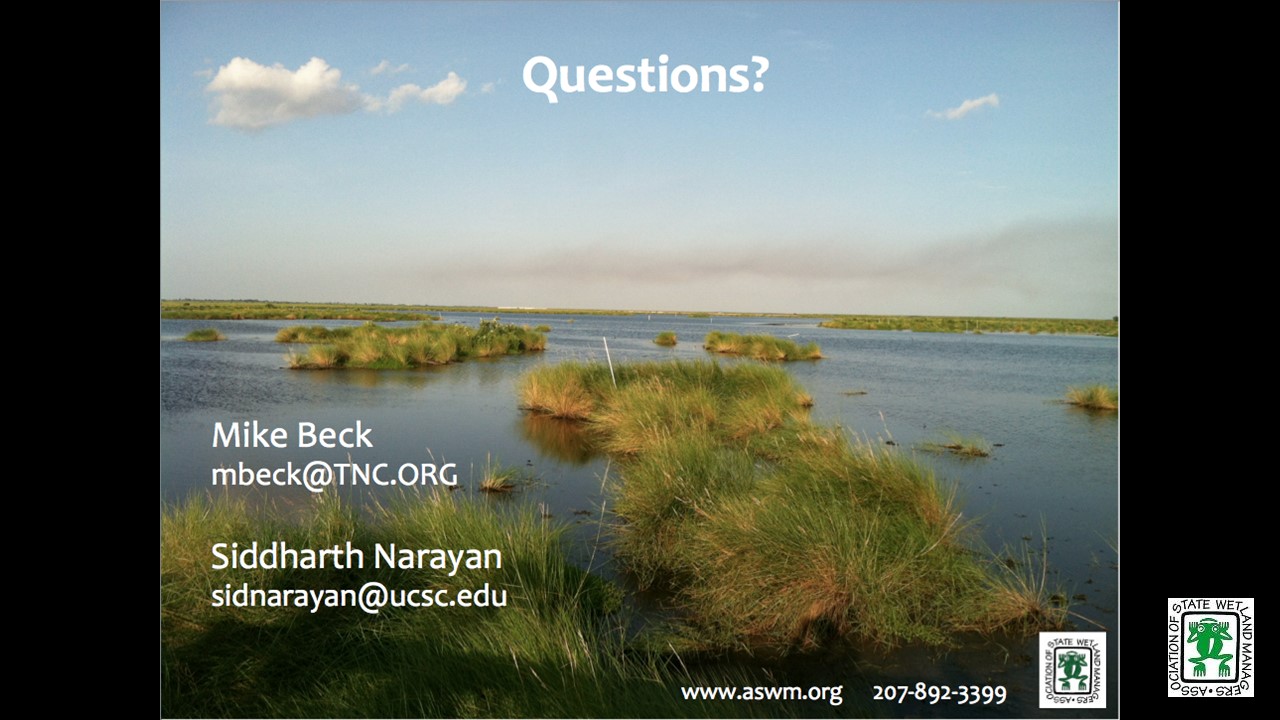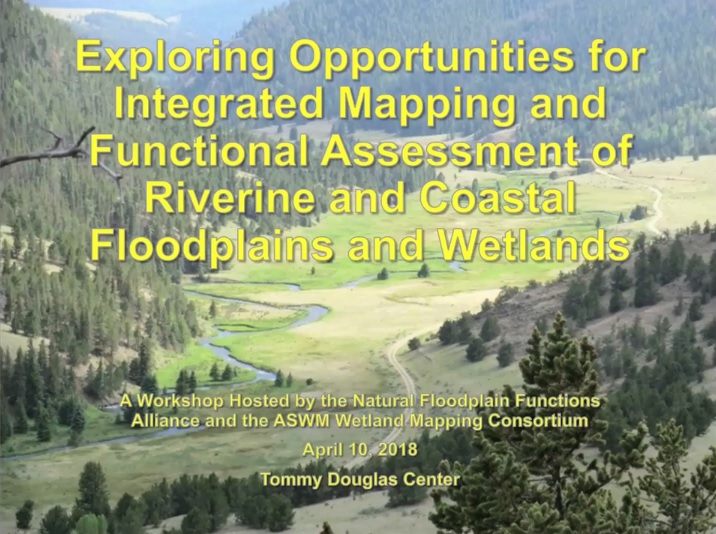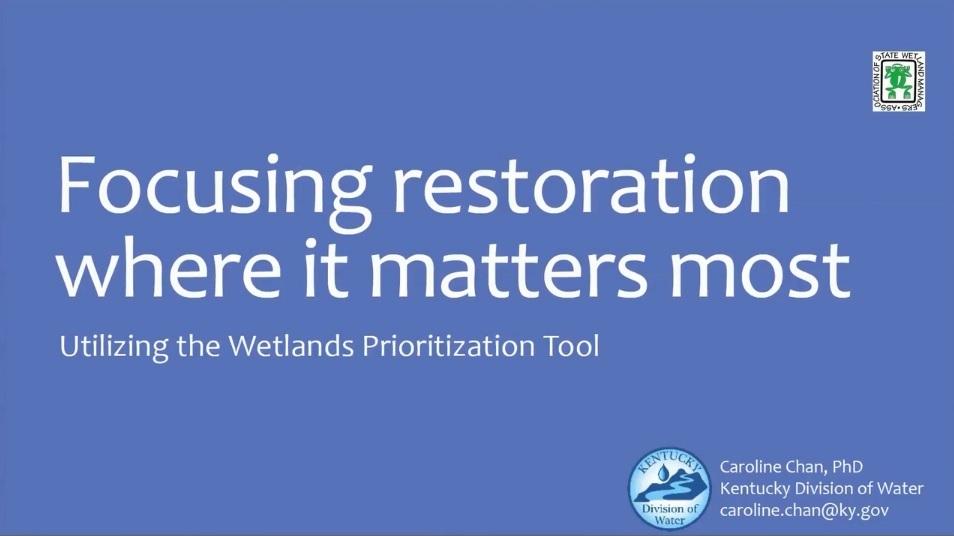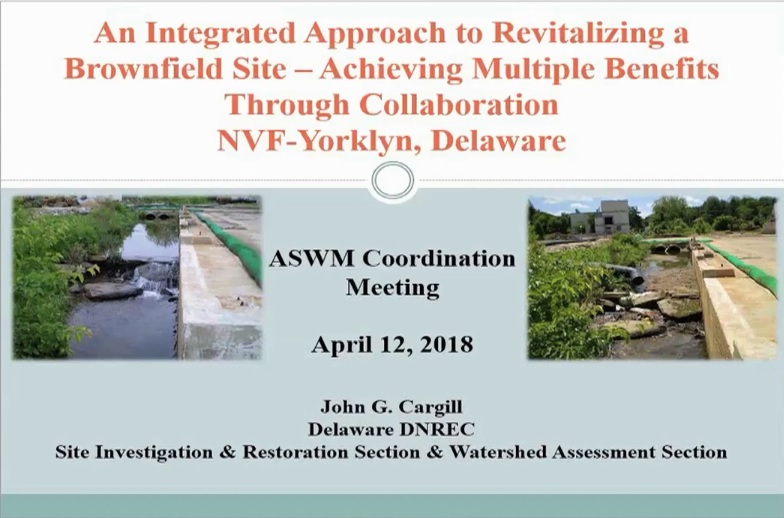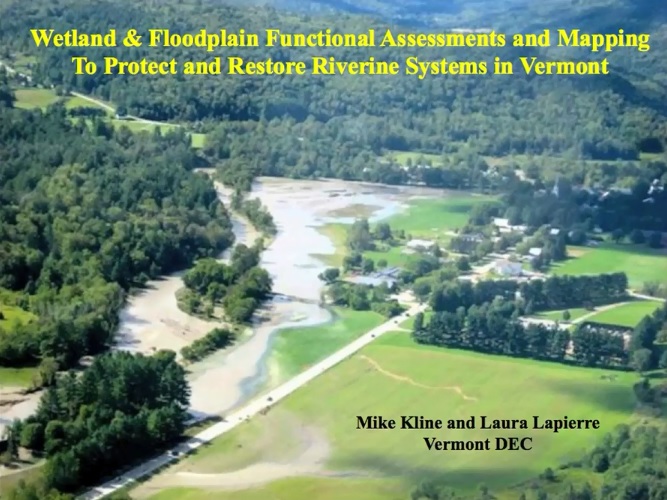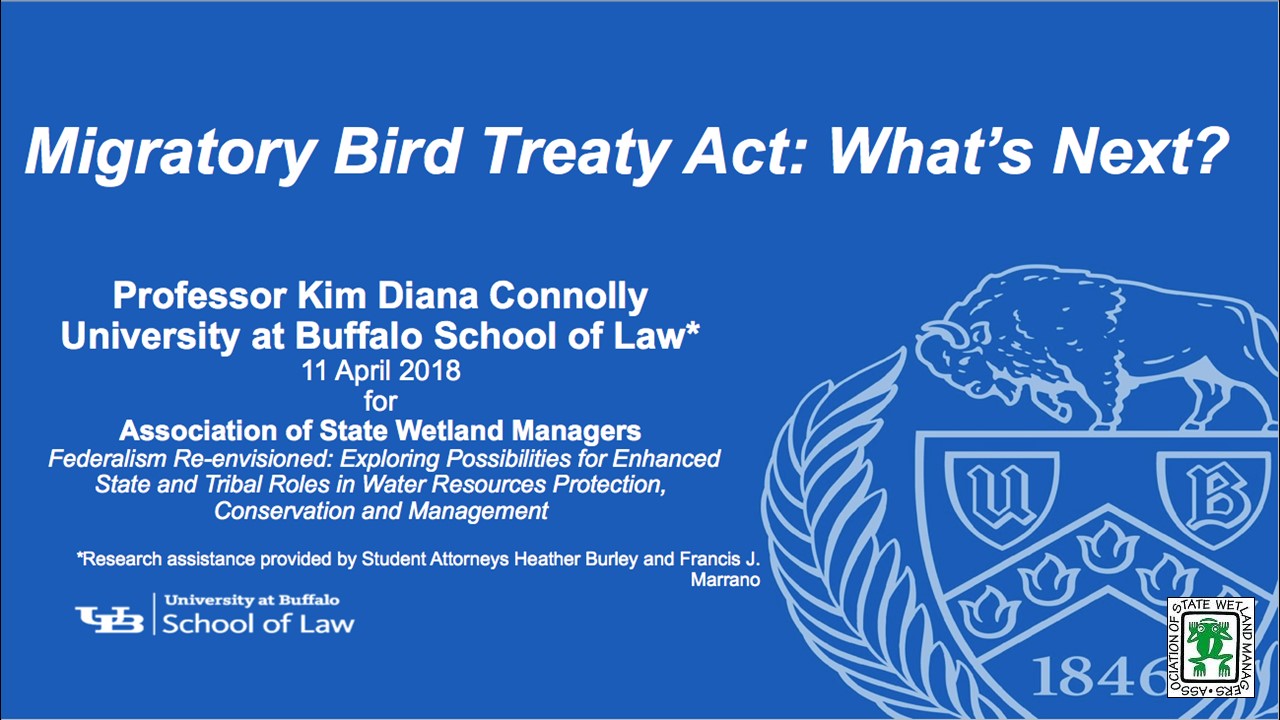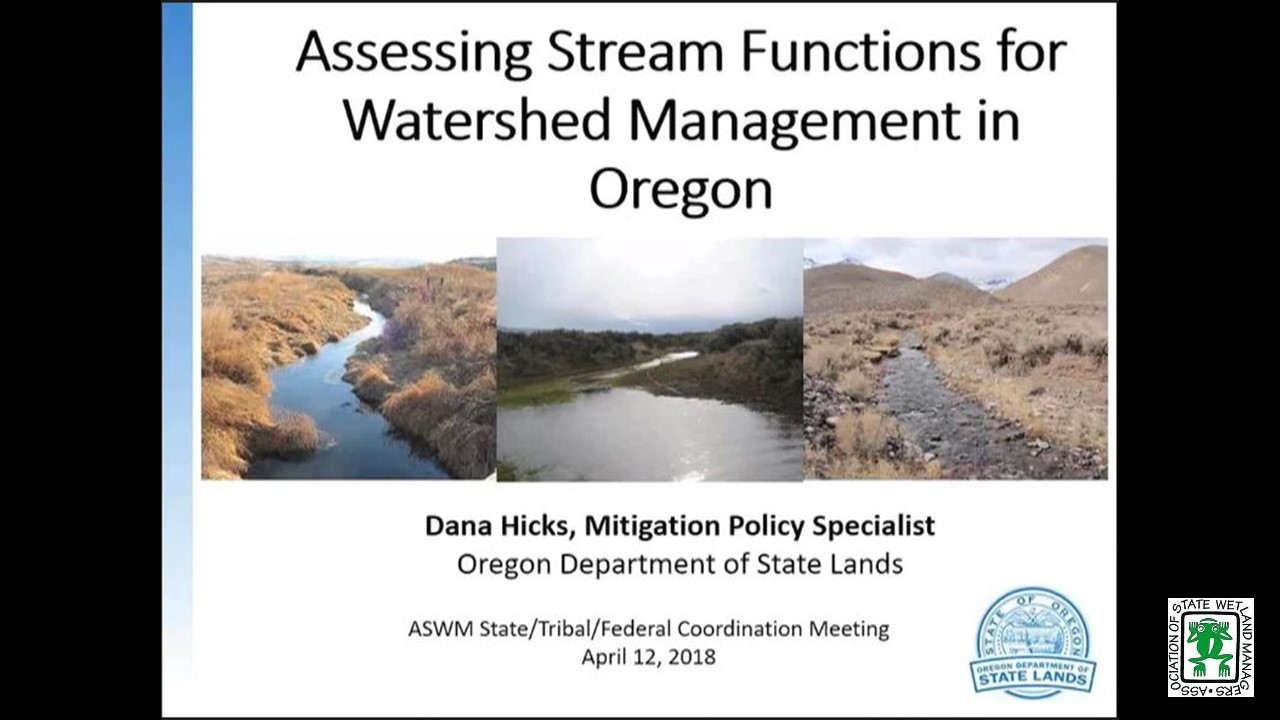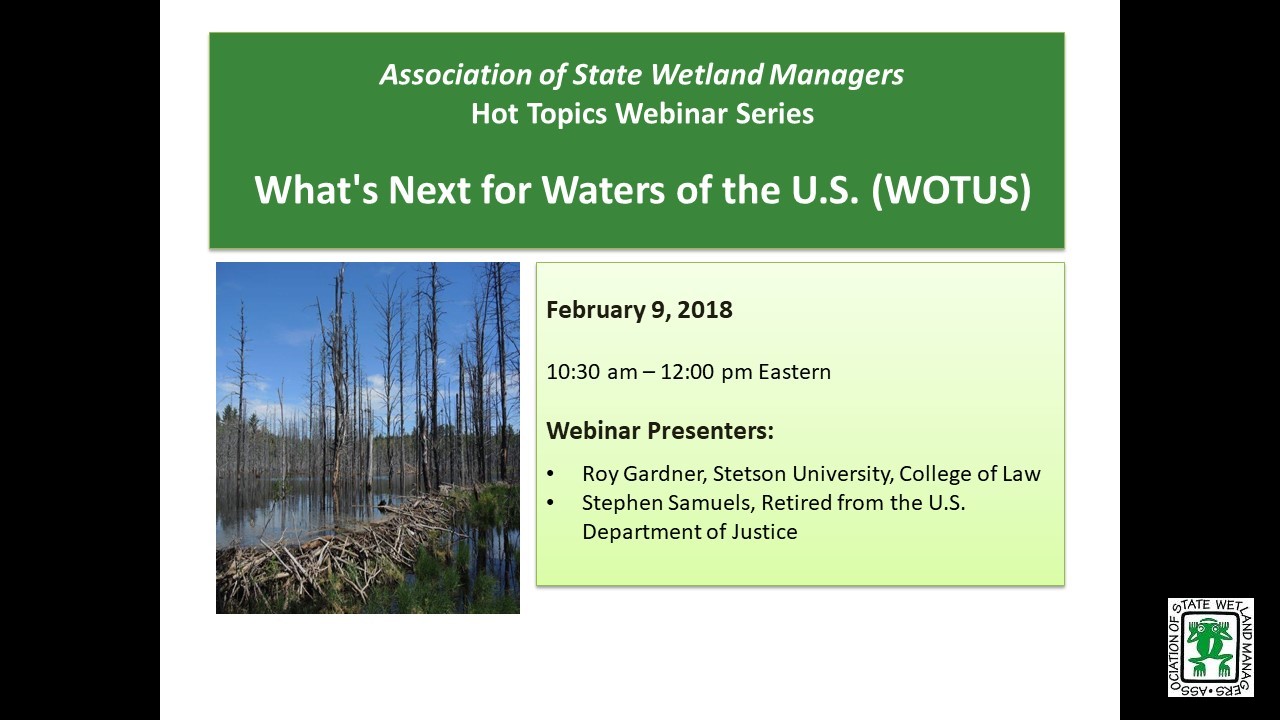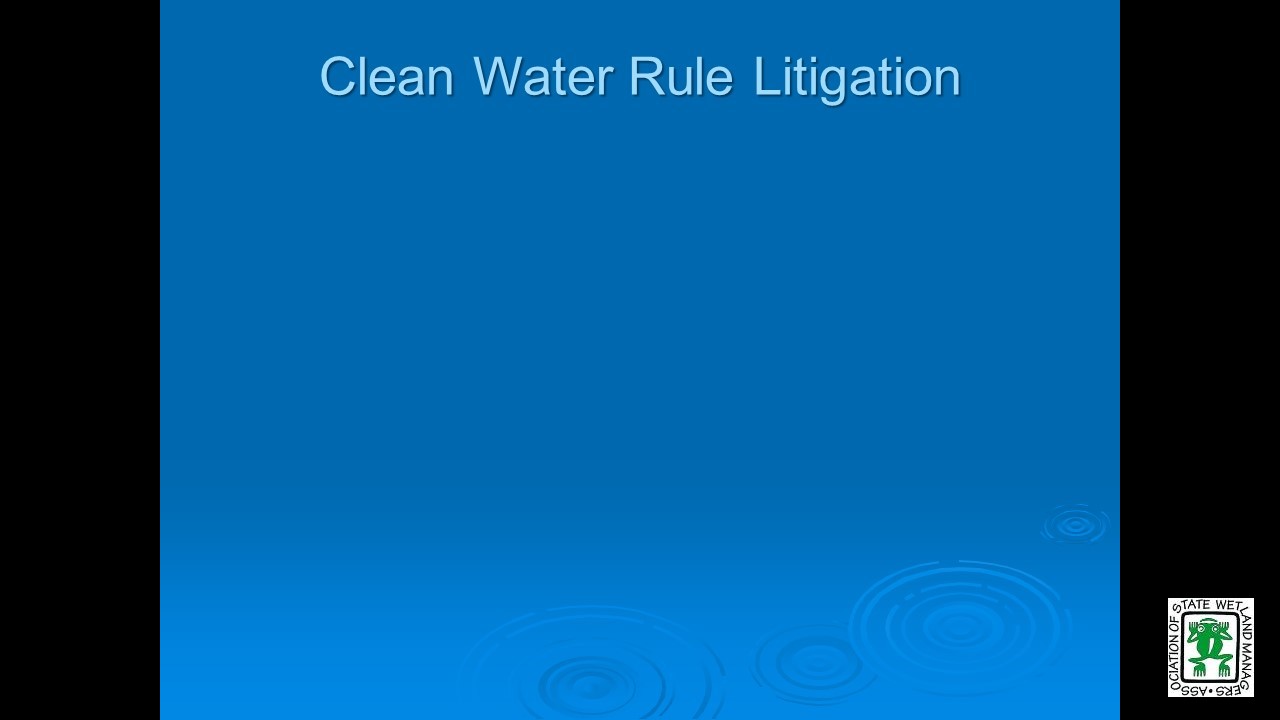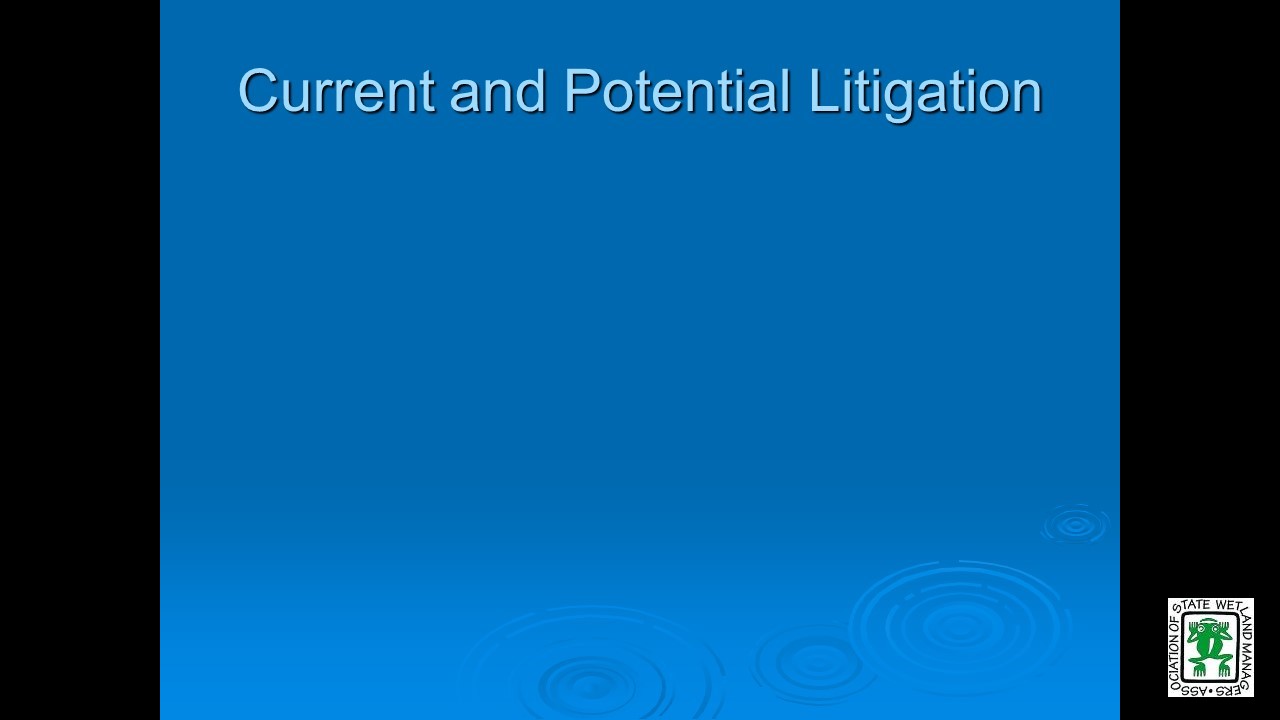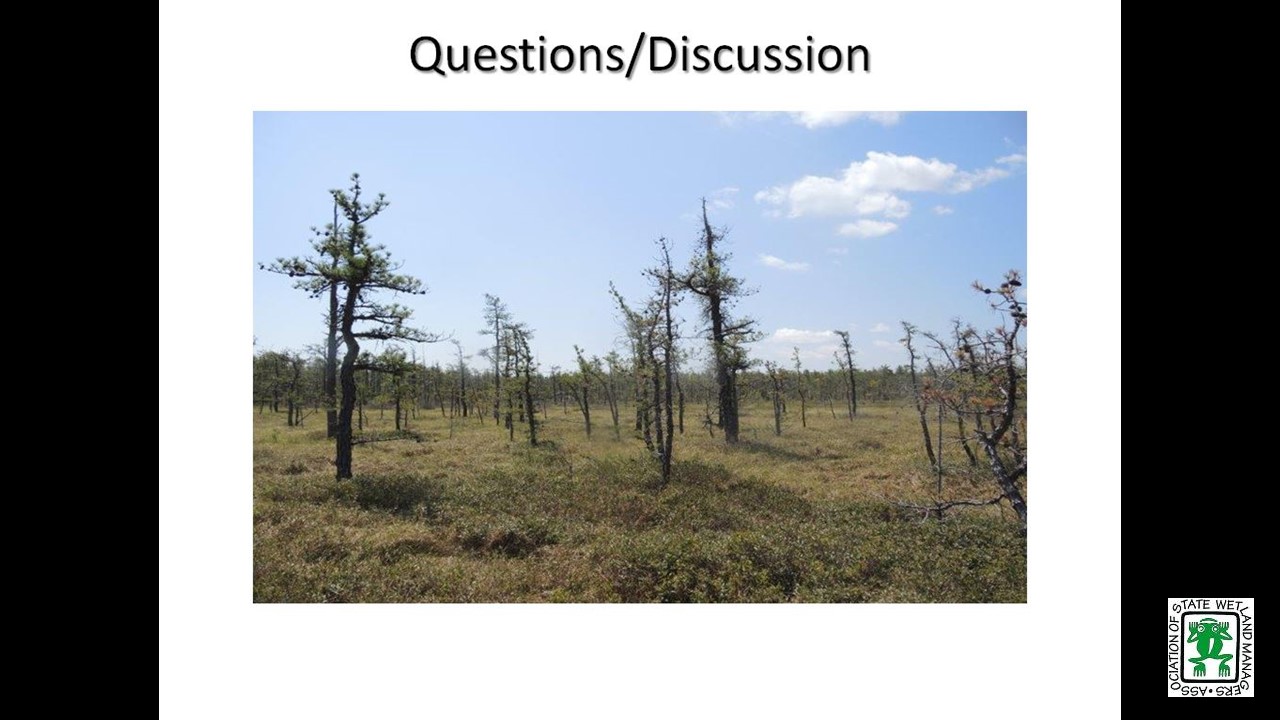Underwater: Rising Seas, Chronic Floods and the Implications for US Coastal Real Estate
Held Wednesday, October 3, 2018 at 3:00-4:30 pm Eastern
INTRODUCTION
Brenda Zollitsch, Policy Analyst, Association of State of Wetland Managers [PRESEANTATION PDF]
PRESENTERS
- Kristina Dahl, Union of Concerned Scientists [PRESENTATAION PDF]
- Shana Udvardy, Union of Concerned Scientists [PRESENTATION PDF]
ABSTRACT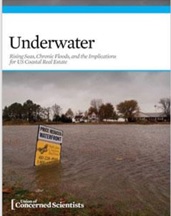
Rising sea levels are putting hundreds of US coastal communities at risk of chronic flooding and growing land and property loss, in many cases within 15 to 20 years. Using data from real estate company Zillow and our own peer-reviewed methodology for estimating flood risk, the Union of Concerned Scientists released a new analysis that identifies the number of coastal properties at risk of chronic inundation, the present-day value of these properties at the zip code level, and their current contribution to the property tax base. Join the report authors to learn about the significant implications for local economies, governments, communities and the financial sector. They will provide suggestions for changes to policies and market incentives to help mount a robust nationwide response to this immediate and growing problem. There will be time for questions after the presentation. You can read the report and view maps here.
BIOS
 Kristina Dahl is a senior climate scientist for the Climate & Energy program at the Union of Concerned Scientists. Dr. Dahl designs, executes, and communicates scientific analyses that make climate change more tangible to the general public and policy makers. Dr. Dahl earned a Ph.D. in paleoclimate from the MIT/Woods Hole Oceanographic Institution Joint Program, and a BA in Earth sciences from Boston University.
Kristina Dahl is a senior climate scientist for the Climate & Energy program at the Union of Concerned Scientists. Dr. Dahl designs, executes, and communicates scientific analyses that make climate change more tangible to the general public and policy makers. Dr. Dahl earned a Ph.D. in paleoclimate from the MIT/Woods Hole Oceanographic Institution Joint Program, and a BA in Earth sciences from Boston University.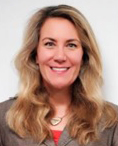 Shana Udvardy is a climate resilience analyst with the Climate & Energy program at the Union of Concerned Scientists. She conducts research and policy analysis to help inform and build support to increase resilience to climate change impacts. Ms. Udvardy is a Certified Floodplain Manager, and holds a M.S. in Conservation Ecology and Sustainable Development from the University of Georgia’s Odum School of Ecology and a B.A. from Syracuse University’s Maxwell School.
Shana Udvardy is a climate resilience analyst with the Climate & Energy program at the Union of Concerned Scientists. She conducts research and policy analysis to help inform and build support to increase resilience to climate change impacts. Ms. Udvardy is a Certified Floodplain Manager, and holds a M.S. in Conservation Ecology and Sustainable Development from the University of Georgia’s Odum School of Ecology and a B.A. from Syracuse University’s Maxwell School.
Please click only once on each video recording to view in this window.
![]()
ASWM American Wetlands Month Webinar
Measuring the Economic Benefits and Cost Effectiveness of Coastal Wetlands and Ecosystems
Held Wednesday, May 30, 2018 at 3:00pm ET
SPONSORED BY:
- National Oceanic and Atmospheric Administration
- U.S. Fish and Wildlife Service
INTRODUCTION
- Marla Stelk, Association of State of Wetland Managers [PRESENTATION PDF]
PRESENTERS
- Michael Beck, The Nature Conservancy and University of California, Santa Cruz [PRESENTATION PDF]
- Siddharth Narayan, University of California, Santa Cruz [PRESENTATION PDF]
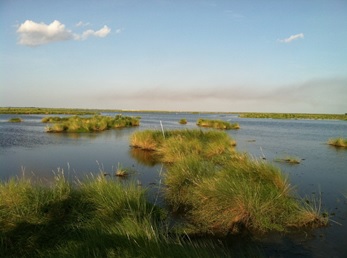 ABSTRACT
ABSTRACT
ASWM will be wrapping up our celebration of American Wetlands Month with a fascinating webinar discussing two report’s findings that show how investments in nature-based infrastructure can meet multiple objectives for environmental restoration, adaptation and flood risk reduction as well as result in millions of dollars in savings from storm damages.
In 2016, the release of the report “Coastal Wetlands and Flood Damage Reduction: Using Risk Industry-based Models to Assess Natural Defenses in the Northeastern USA” gained international attention. In the report the authors quantified the economic benefits of coastal wetlands in reducing property damage from storms and flooding in the northeastern United States. Using risk industry models, they estimated that coastal wetlands saved more than US$ 625 million in avoided flood damages from Hurricane Sandy across the northeastern USA. Just this spring, a second report was released entitled “Comparing the cost effectiveness of nature-based and coastal adaptation: A case study from the Gulf Coast of the United States.” This report also shows that investments in nature-based adaptation could meet multiple objectives for environmental restoration, adaptation and flood risk reduction. In this presentation, Michael Beck and Siddharth Narayan will share their research, methods and findings from these two studies.
BIOS
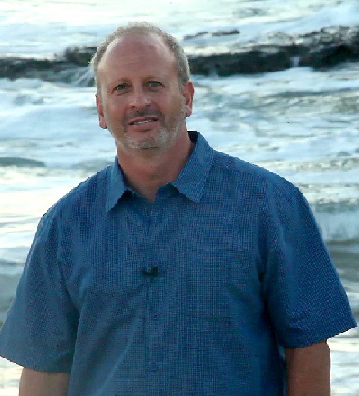 Michael Beck is the Lead Marine Scientist at TNC and adjunct Professor in Ocean Sciences at the University of California Santa Cruz. Mike focuses on building coastal resilience in the interface between risk reduction and conservation. His approach is multi-disciplinary across ecology, engineering and economics. Mike has authored more than sixty peer-reviewed publications. His work covers topics from the role of coral reefs in reducing risks from storms to the effects of people on extinctions of Pleistocene mammals. He has also published numerous popular articles including Op-eds in the NY Times, Miami Herald, Huffington Post and the Caribbean Journal. He was a Fulbright Fellow at the University of Sydney and in 2012 Mike was also selected as a Pew Marine Conservation Fellow.
Michael Beck is the Lead Marine Scientist at TNC and adjunct Professor in Ocean Sciences at the University of California Santa Cruz. Mike focuses on building coastal resilience in the interface between risk reduction and conservation. His approach is multi-disciplinary across ecology, engineering and economics. Mike has authored more than sixty peer-reviewed publications. His work covers topics from the role of coral reefs in reducing risks from storms to the effects of people on extinctions of Pleistocene mammals. He has also published numerous popular articles including Op-eds in the NY Times, Miami Herald, Huffington Post and the Caribbean Journal. He was a Fulbright Fellow at the University of Sydney and in 2012 Mike was also selected as a Pew Marine Conservation Fellow.
 Siddharth Narayan (Sid) is a Research Scientist in Coastal Adaptation and Nature-based Solutions. A civil and coastal engineer, hailing from Chennai in southern India, he is based at the University of California Santa Cruz and works with Michael Beck, lead marine scientist at The Nature Conservancy. Sid's research interests focus on modelling interactions between natural and human coastal systems, to help develop sustainable measures for coastal adaptation. At present, he works closely with insurance risk modelers, ecologists and engineers to assess the role and value of wetlands for reducing flood risk and damages to people and property.
Siddharth Narayan (Sid) is a Research Scientist in Coastal Adaptation and Nature-based Solutions. A civil and coastal engineer, hailing from Chennai in southern India, he is based at the University of California Santa Cruz and works with Michael Beck, lead marine scientist at The Nature Conservancy. Sid's research interests focus on modelling interactions between natural and human coastal systems, to help develop sustainable measures for coastal adaptation. At present, he works closely with insurance risk modelers, ecologists and engineers to assess the role and value of wetlands for reducing flood risk and damages to people and property.
Please click only once on each video recording to view in this window.
![]()
Presented at the Association of State Wetland Managers 2018 Annual State/Tribal/Federal Coordination Meeting
Held Thursday, April 12, 2018
Exploring Opportunities for Integrated Mapping and Functional Assessment of Riverine and Coastal Floodplains and Wetlands
- Andy Robertson, Saint Mary’s University of Minnesota
Focusing Restoration Where it Matters Most
- Caroline Chan, Kentucky Division of Water
An Integration Approach to Revitalizing a Brownfield Site - Achieving Multiple Benefits through Collaboration - NVF-Yorklyn, Delaware
- John Cargill, Delaware Department of Natural Resources and Environmental Control
Mapping Wetland and Floodplain Functions in Vermont
- Mike Kline and Laura Lapierre, Vermont Department of Environmental Conservation [PRESENTATION PDF]
Migratory Bird Treaty – What’s Next?
- Kim Connolly, University at Buffalo School of Law [PRESENTATION PDF]
Assessing Stream Functions for Watershed Management in Oregon
- Dana Hicks, Oregon Department of State Lands [PRESENTATION PDF]
Please click only once on each video recording to view in this window.
![]()
What's next for Waters of the U.S. (WOTUS)?
Held Friday, February 9, 2018 - 10:30 a.m. ET
INTRODUCTION
- Jeanne Christie, Association of State of Wetland Managers[PRESENTATION PDF]
PRESENTERS
- Royal Gardner, Stetson University College of Law [PRESENTATION PDF]
- Stephen Samuels, Retired from the U.S. Department of Justice [PRFESENTATION PDF]
ABSTRACT
On January 22, 2018, the Supreme Court held unanimously that challenges to EPA’s and the Corps of Engineers’ promulgation of the Clean Water Rule in 2015, which defined the term “waters of the United States” in the Clean Water Act, may be brought only in the district courts. What does this decision mean for the stay of the Clean Water Rule that was issued by the Sixth Circuit Court of Appeals shortly after the new rule took effect? And does it even matter now that the executive branch has announced its intention to rescind the Clean Water Rule and replace it with a definition of WOTUS that will narrow the reach of the Act? Two experts on WOTUS will explore these questions, and yours, in a webinar on Friday, February 9, 2018 at 10:30 AM EST.
BIOS
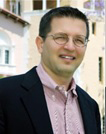 Royal C. Gardner is Professor of Law and Director of the Institute for Biodiversity Law and Policy at Stetson University College of Law. He is an internationally recognized expert in wetland law and policy. Recent projects include advising the Government of Oman regarding wetland policy, coauthoring a U.S. Supreme Court amicus brief on behalf of environmental scientists, and creating an interdisciplinary course that facilitates discourse among experienced scientists, policymakers, and students.
Royal C. Gardner is Professor of Law and Director of the Institute for Biodiversity Law and Policy at Stetson University College of Law. He is an internationally recognized expert in wetland law and policy. Recent projects include advising the Government of Oman regarding wetland policy, coauthoring a U.S. Supreme Court amicus brief on behalf of environmental scientists, and creating an interdisciplinary course that facilitates discourse among experienced scientists, policymakers, and students.
His research and scholarship focus on U.S. and international wetland legal and policy issues, with an emphasis on biodiversity offsets. He has lectured in Africa, Asia, Europe, and North and South America. In 2006, he won the National Wetlands Award for Education and Outreach. In 1999–2001, Professor Gardner was appointed to the National Research Council’s Committee on Mitigating Wetland Losses.
An Executive Editor of the Boston College Law Review and a member of the Order of the Coif, he graduated magna cum laude from Boston College Law School. He then clerked for Chief Judge Francis J. Boyle of the United States District Court for the District of Rhode Island. From 1989 to 1993, he served in the Army General Counsel’s office as the Department of the Army’s principal wetland attorney, advising the assistant secretary of the Army (civil works) on legal and policy issues related to the Corps of Engineers’ administration of the Clean Water Act section 404 program. At Stetson, Professor Gardner has served as director of graduate and international programs, associate dean, vice dean, and interim dean.
 Stephen Samuels, now retired, was previously Assistant Chief of the Environmental Defense Section of the Environment & Natural Resources Division of the U.S. Department of Justice. In that capacity, Mr. Samuels supervised a staff of 15 attorneys handling federal district court litigation involving all the major environmental pollution statutes. Mr. Samuels has 31 years of experience enforcing and defending the Clean Water Act Section 404 regulatory program. During that time, he helped lead the federal government’s litigation responses to the Supreme Court's decisions in SWANCC, Rapanos, Sackett and Hawkes. Until his retirement in January 2017, Mr. Samuels headed the DOJ litigation team that defended challenges to the Clean Water Rule. Mr. Samuels is a frequent speaker on Clean Water Act jurisdiction at conferences around the country. Mr. Samuels previously was an attorney with the U.S. Department of Energy and with the law firm of Breed, Abbott & Morgan. Mr. Samuels earned his J.D. in 1977 from Stanford Law School and his B.A. in 1974 from Tulane University.
Stephen Samuels, now retired, was previously Assistant Chief of the Environmental Defense Section of the Environment & Natural Resources Division of the U.S. Department of Justice. In that capacity, Mr. Samuels supervised a staff of 15 attorneys handling federal district court litigation involving all the major environmental pollution statutes. Mr. Samuels has 31 years of experience enforcing and defending the Clean Water Act Section 404 regulatory program. During that time, he helped lead the federal government’s litigation responses to the Supreme Court's decisions in SWANCC, Rapanos, Sackett and Hawkes. Until his retirement in January 2017, Mr. Samuels headed the DOJ litigation team that defended challenges to the Clean Water Rule. Mr. Samuels is a frequent speaker on Clean Water Act jurisdiction at conferences around the country. Mr. Samuels previously was an attorney with the U.S. Department of Energy and with the law firm of Breed, Abbott & Morgan. Mr. Samuels earned his J.D. in 1977 from Stanford Law School and his B.A. in 1974 from Tulane University.
![]()
PDF List of Past Hot Topics Webinar Recordings
View Upcoming Hot Topics Webinars
